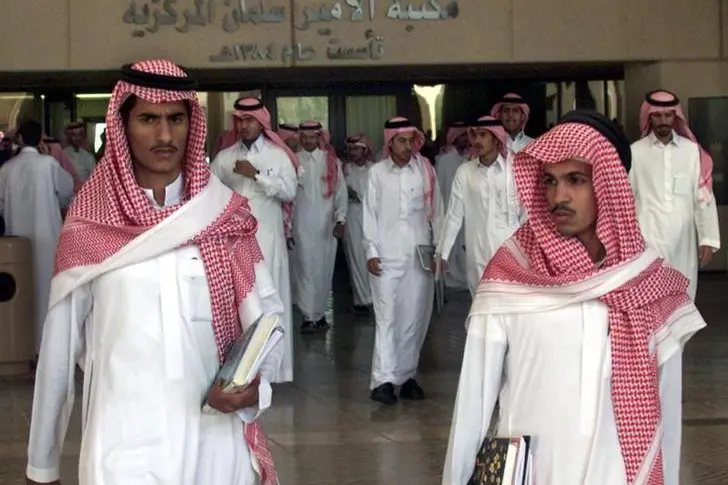PHOTO
The Saudi Council of Ministers approved the new universities law in its last session in response to the new direction the Kingdom is taking to develop its institutions, systems and mechanisms of work.
This law is of particular importance to other education regulations since it is primarily responsible for preparing the people of the country for its construction and development.
This law has introduced a new mechanism that helps in the development of universities and management of their resources as well, and the adoption of this law will definitely give a great opportunity to enhance the Kingdom’s scientific, research and community status at the regional and international level.
In today’s article, we will highlight the main areas and provisions of this new law, which will make the biggest difference in the development of higher education in the Kingdom.
Autonomy is one of the most important features of this system, as this law will achieve the disciplined autonomy of universities in a way that enables them to build their academic, financial and administrative regulations, according to public policies approved by the state through the proposed University Affairs Council.
The council is the competent authority to regulate the affairs of universities and formulate policies and regulations, and its members are the ministries of finance, civil service, economy, labor in addition to the representatives from the private sector.
With regard to financial resources, the new law will reduce the operating costs of universities, will lead them to find new sources of funding, and reduce their dependence on the state budget, through endowment programs, and will also allow the universities to establish investment companies to develop their financial resources.
The budget of each university will be approved through an innovative financing system approved by its board of trustees in addition to the university providing additional funding opportunities to cover its financial needs. The General Auditing Bureau will be responsible for the supervision of public companies and institutions.
The Council of Universities Affairs will approve the general, financial and administrative regulations of the universities, and the universities, through their boards of trustees, will establish their executive rules, which will contribute to achieving the disciplined autonomy of universities.
As for the fundamental relationship between education outcomes and labor market requirements, the new law will enable universities to approve their specializations and programs according to the development needs and employment opportunities in the area they serve.
Furthermore, as the privatization and partnership of the two sectors are the main pillars of the Kingdom’s Vision 2030, the law will include the proper application of the principles of privatization in the management and operation of these higher education institutions.
Also, because the Kingdom has opened its doors to various countries of the world, the new law stimulated the process of demonstrating the national academic competencies to the world by approving the establishment of branches of universities outside the Kingdom.
The new law focused on highlighting the role of quality in improving the outcomes of higher education, where it obliged universities to obtain institutional and program accreditation from the Education Evaluation Authority or by one of the prestigious accreditation bodies.
This is in addition to verifying the selection of qualified staff to participate in the management of colleges and departments through various mechanisms.
Realistically, we will see the results of these amendments clearly over the next five years, but it is a promising step for higher education with global standards to keep pace with the economic changes and development witnessed by the Kingdom.
Dimah Talal Alsharif is a Saudi legal consultant, head of the health law department at the law firm of Majed Garoub and a member of the International Association of Lawyers. Twitter: @dimah_alsharif
Copyright: Arab News © 2019 All rights reserved. Provided by SyndiGate Media Inc. (Syndigate.info).





















